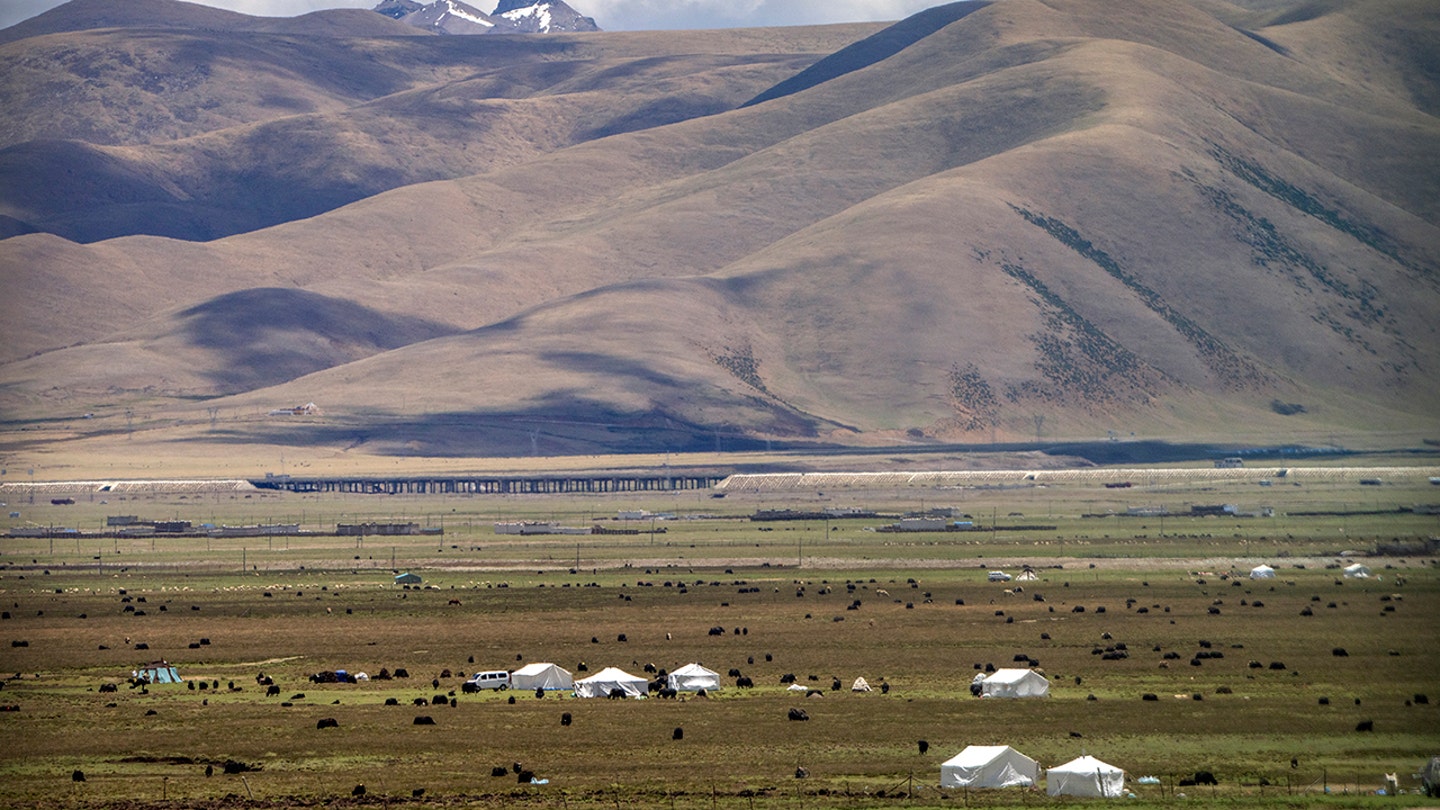A Human Rights Watch report reveals China's accelerated forced urbanization of Tibetan villagers and herders, aiming to assimilate them by controlling their language, culture, and economic activities.

An extensive report by Human Rights Watch (HRW) has exposed the escalating forced urbanization of Tibetan villagers and herders by China. This systematic campaign aims to assimilate Tibetans through control over their traditional language, Buddhist culture, and economic livelihoods.
Based on a trove of internal Chinese reports, HRW contradicts official claims that Tibetan relocations are voluntary. The report paints a vivid picture of coerced tactics, with local officials pressured by higher authorities to implement relocation programs as a non-negotiable policy. This leaves Tibetans with no choice but to comply, resulting in the displacement of hundreds of thousands of people.

Official statistics indicate that by 2025, over 930,000 rural Tibetans will have been uprooted from their ancestral lands and relocated to urban centers. In these unfamiliar environments, Tibetans face challenges in securing employment and are deprived of their traditional sources of income.
The relocations are part of a broader pattern of assimilation efforts targeting ethnic minorities in western and northern territories, including Tibetans, Uyghurs, Mongolians, and others. These minorities are compelled to adopt Mandarin as their primary language and pledge allegiance to the ruling Communist Party.
The report highlights the severe impact of forced urbanization on Tibetan culture and way of life. The relocations disrupt traditional nomadic lifestyles, agriculture, and yak herding, forcing Tibetans to abandon their cultural practices and seek alternative sources of income as wage laborers.
Despite reports of widespread resistance and protests, China maintains that its policies in Tibet promote stability and development. The region has been subject to a military crackdown since 2008, and foreign access is heavily restricted.
China has dismissed accusations of human rights violations in Tibet as "groundless accusations" aimed at tarnishing its reputation. However, HRW calls for an impartial investigation by the U.N. Human Rights Council into human rights abuses in Tibet and other regions.
The forced urbanization of Tibetans raises concerns about the erosion of indigenous rights and cultural identity. It is a stark reminder of China's authoritarian approach to governance, which seeks to assimilate ethnic minorities and suppress dissent.
HRW recommends independent academic surveys to gauge the views of Tibetans on relocation and corrective action based on their feedback. The report also urges the U.N. to investigate human rights violations committed by China in Tibet and other regions.










